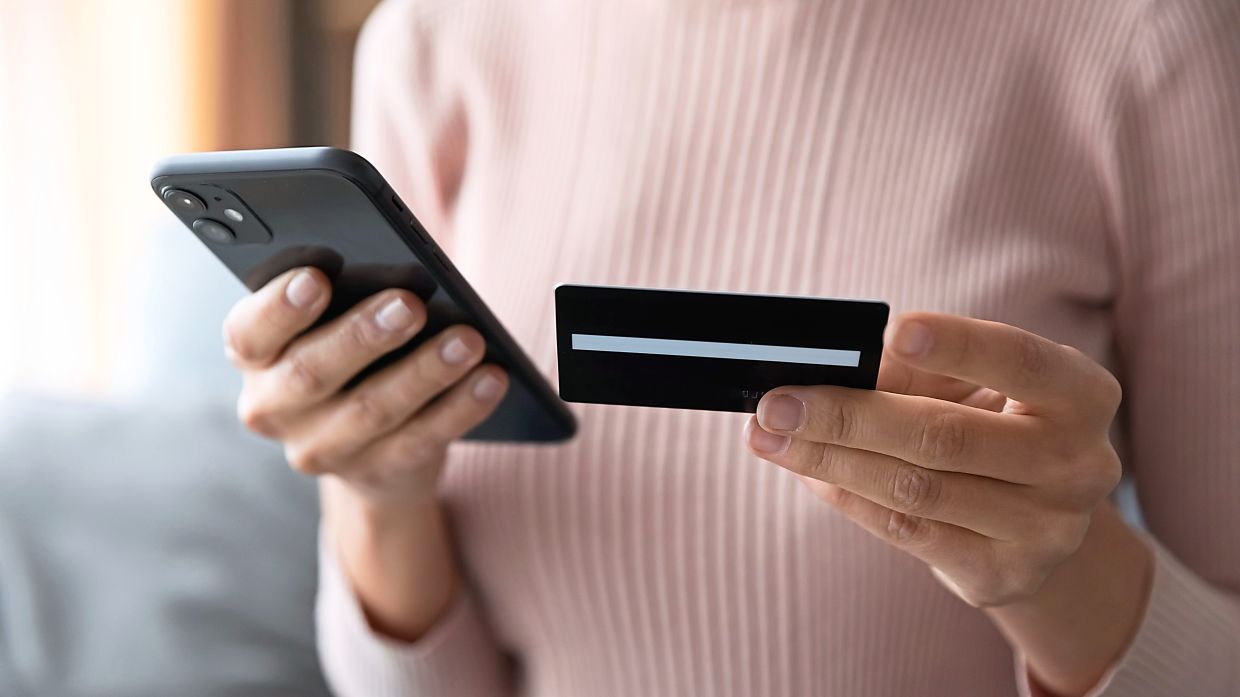
The price of convenience: With cashless transactions increasing by the minute and becoming more prevalent, banks are issuing scam alerts advising customers to be extra cautious when conducting such business as they leave themselves open to scammers. — AFP Relaxnews
PETALING JAYA: Clicking on one link cost one man RM10,000.
In December last year, Michael (not his real name) received a notification on his phone telling him to change his banking account password.
Save 30% and win Bosch appliances! More Info









































